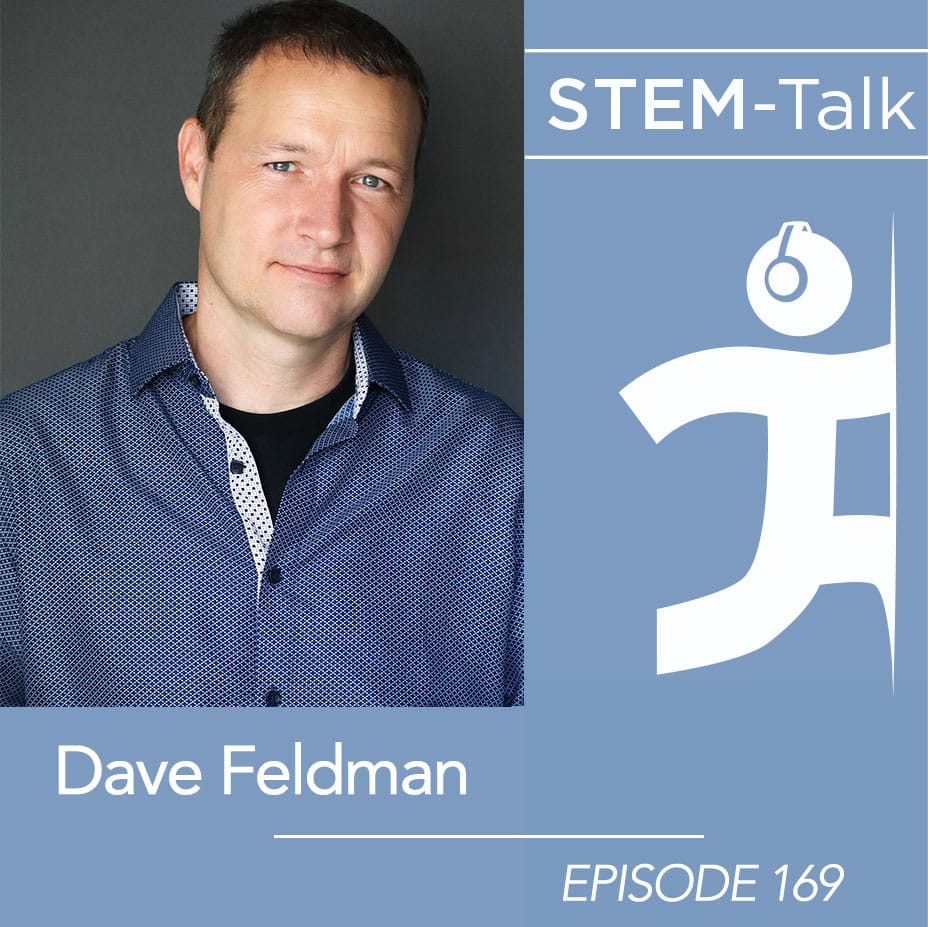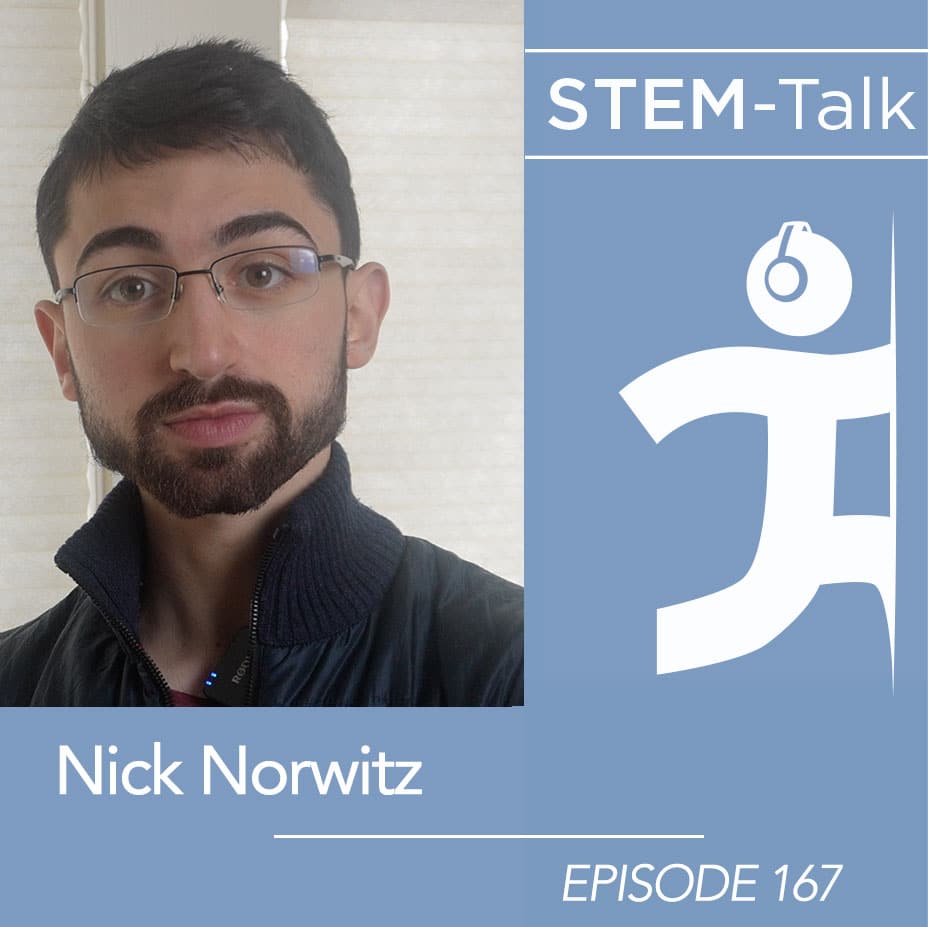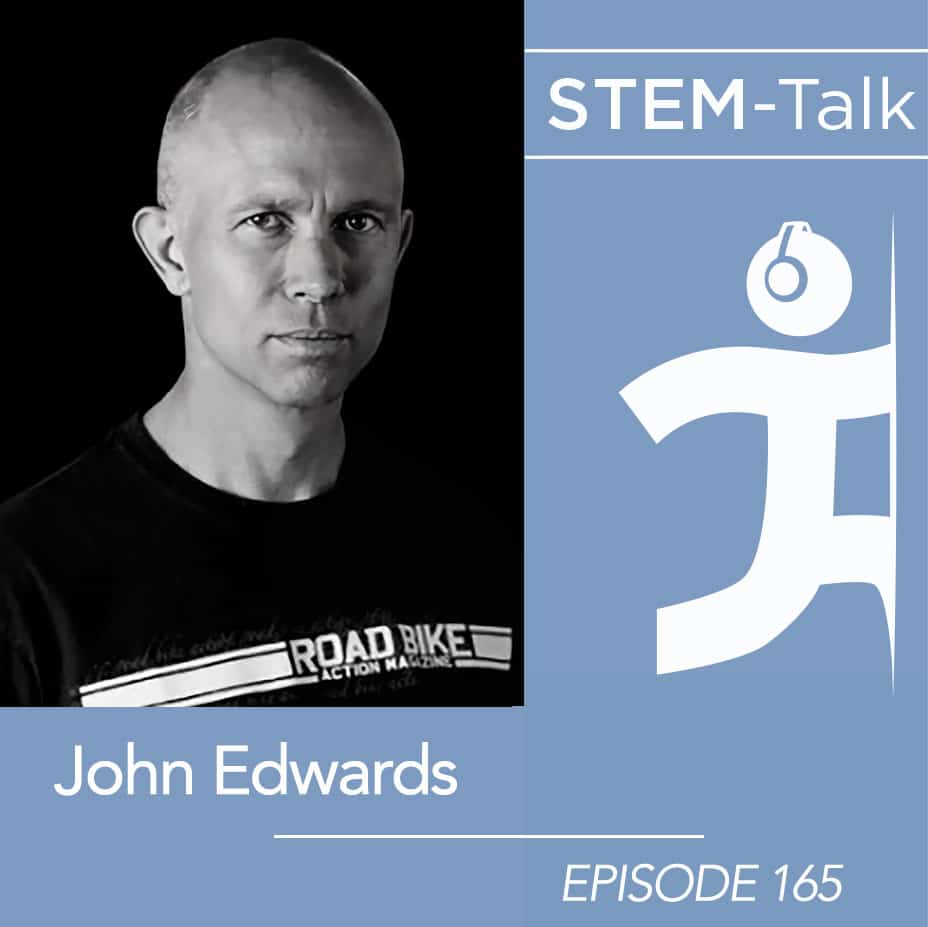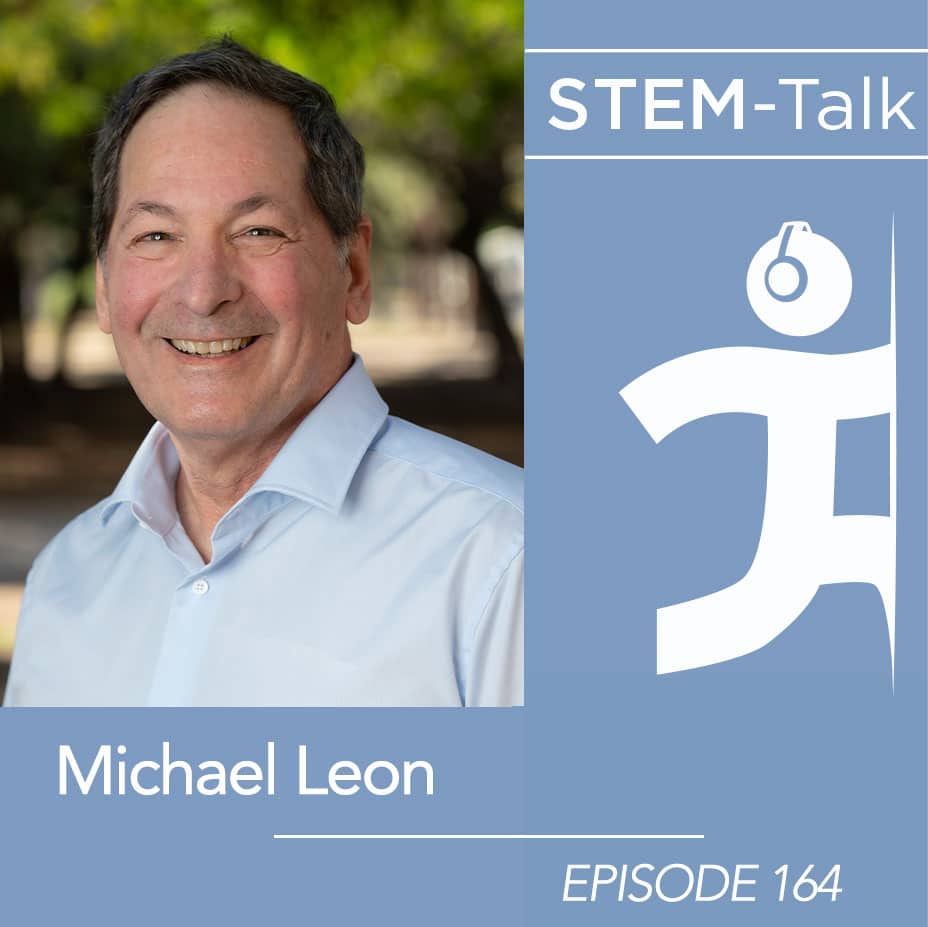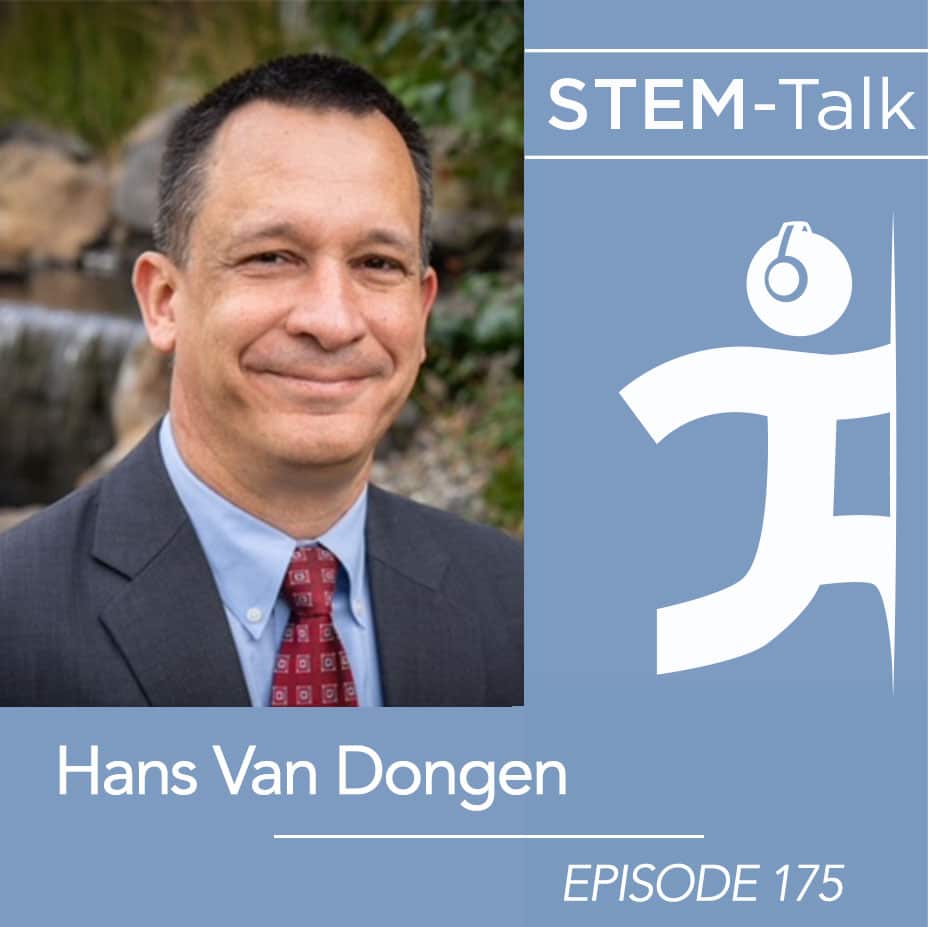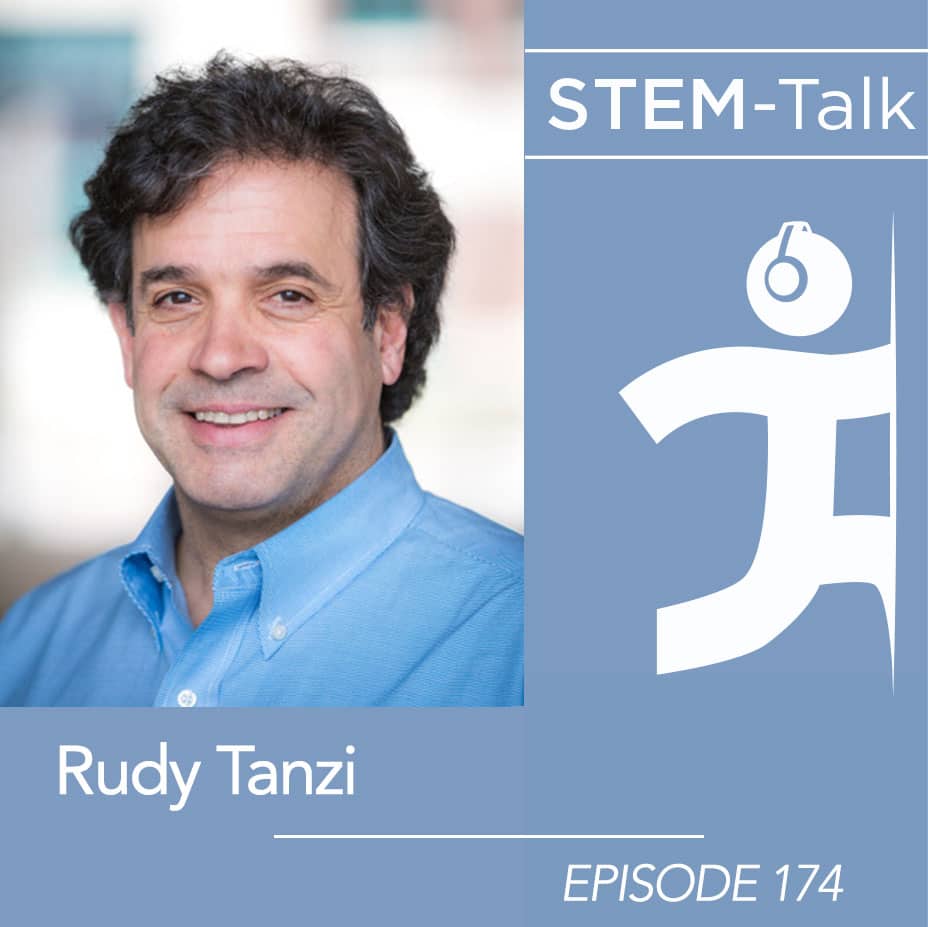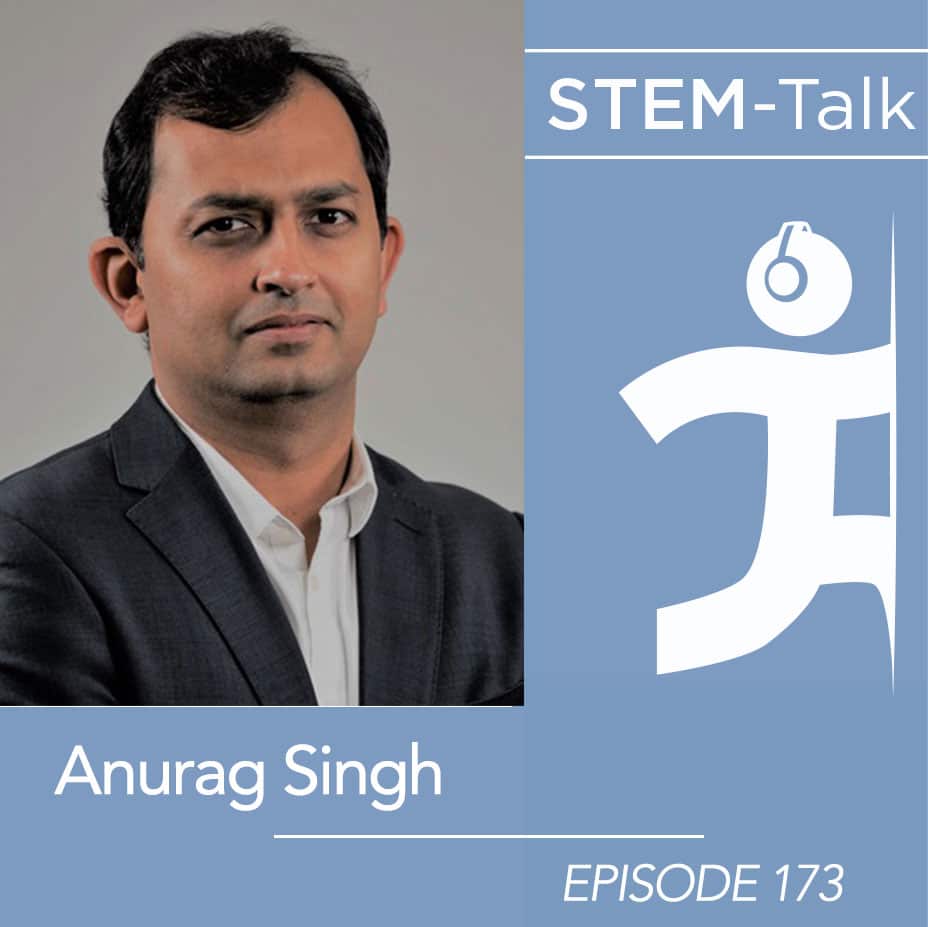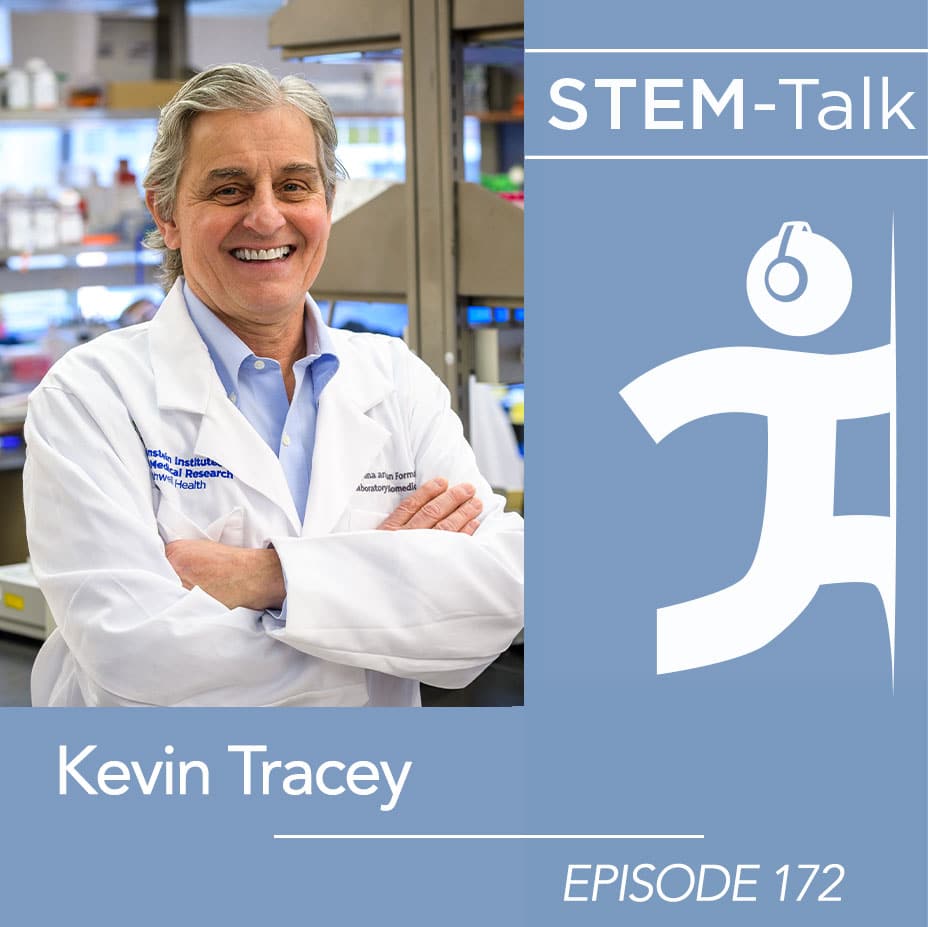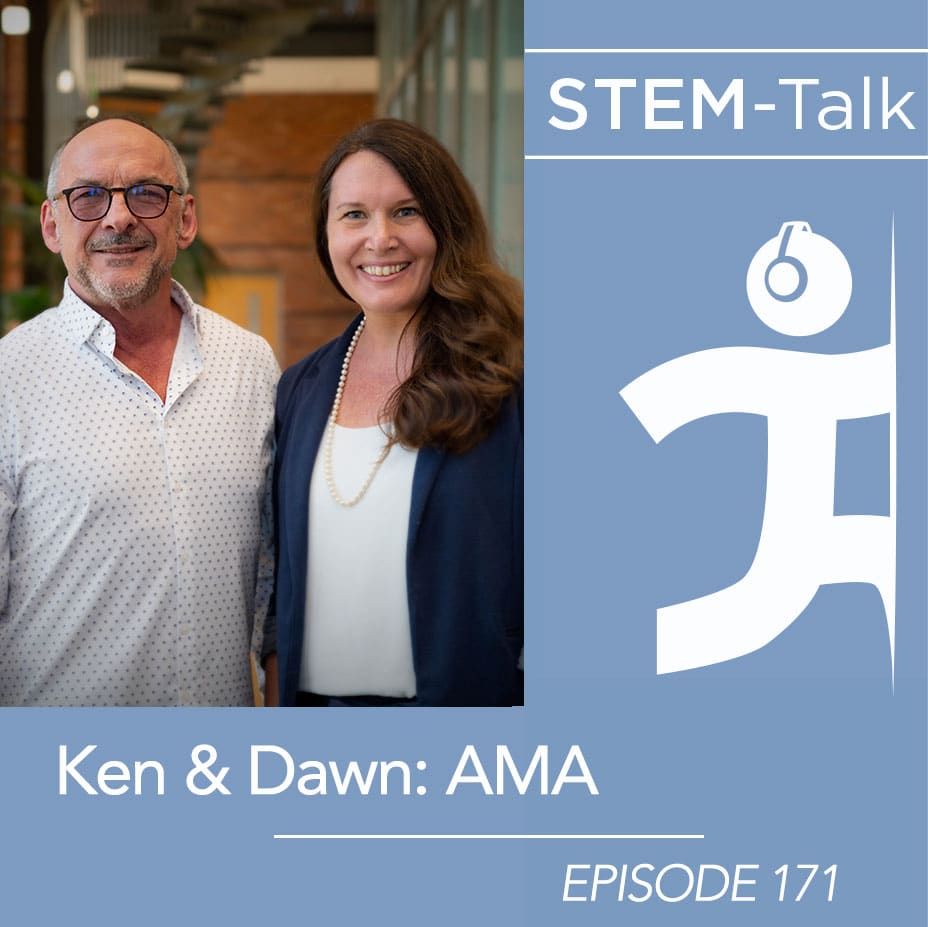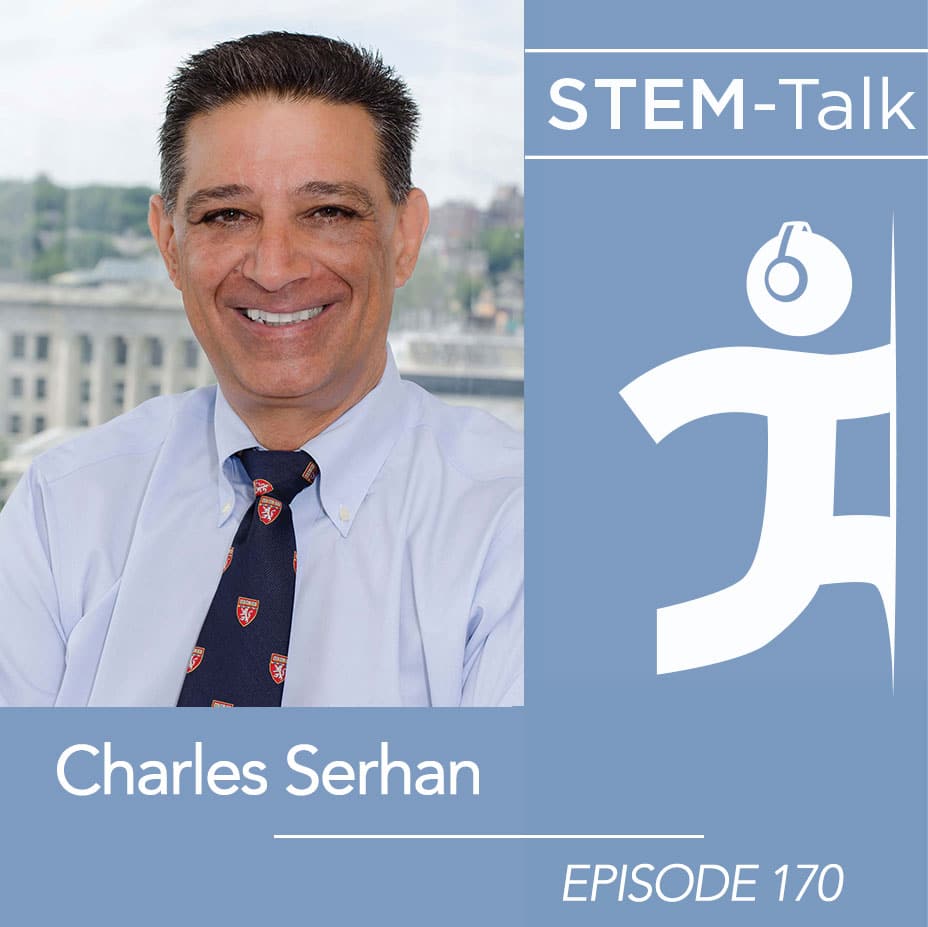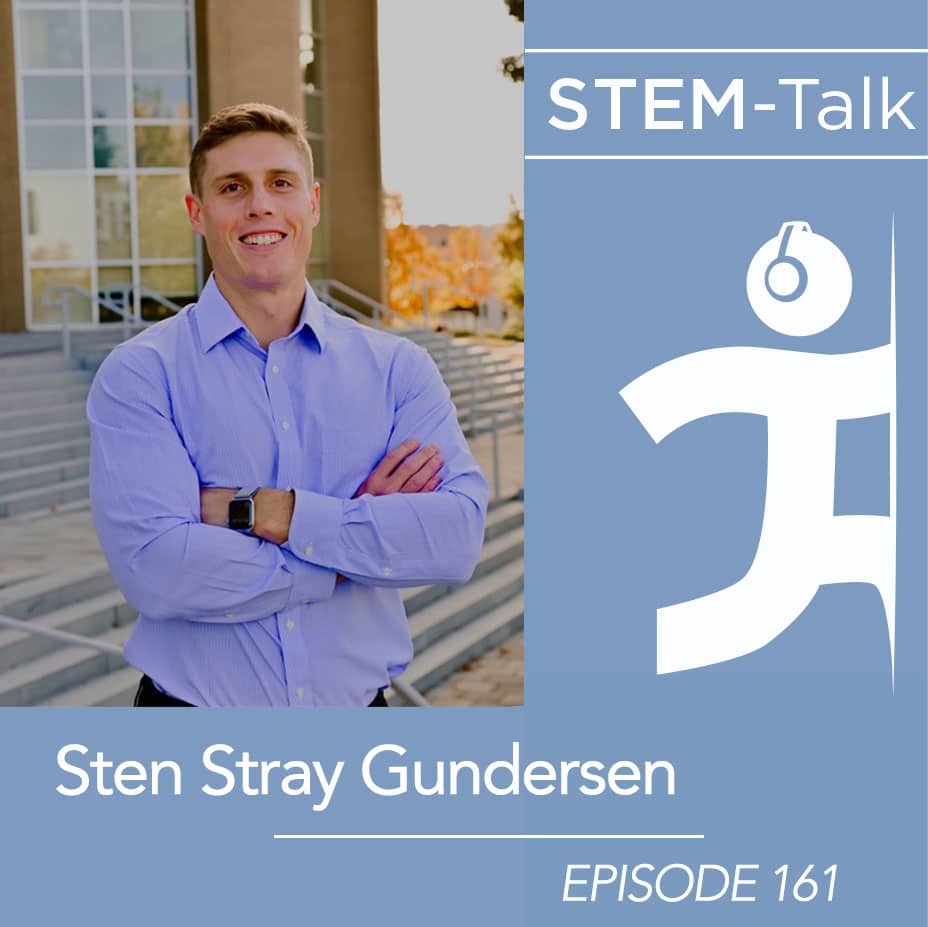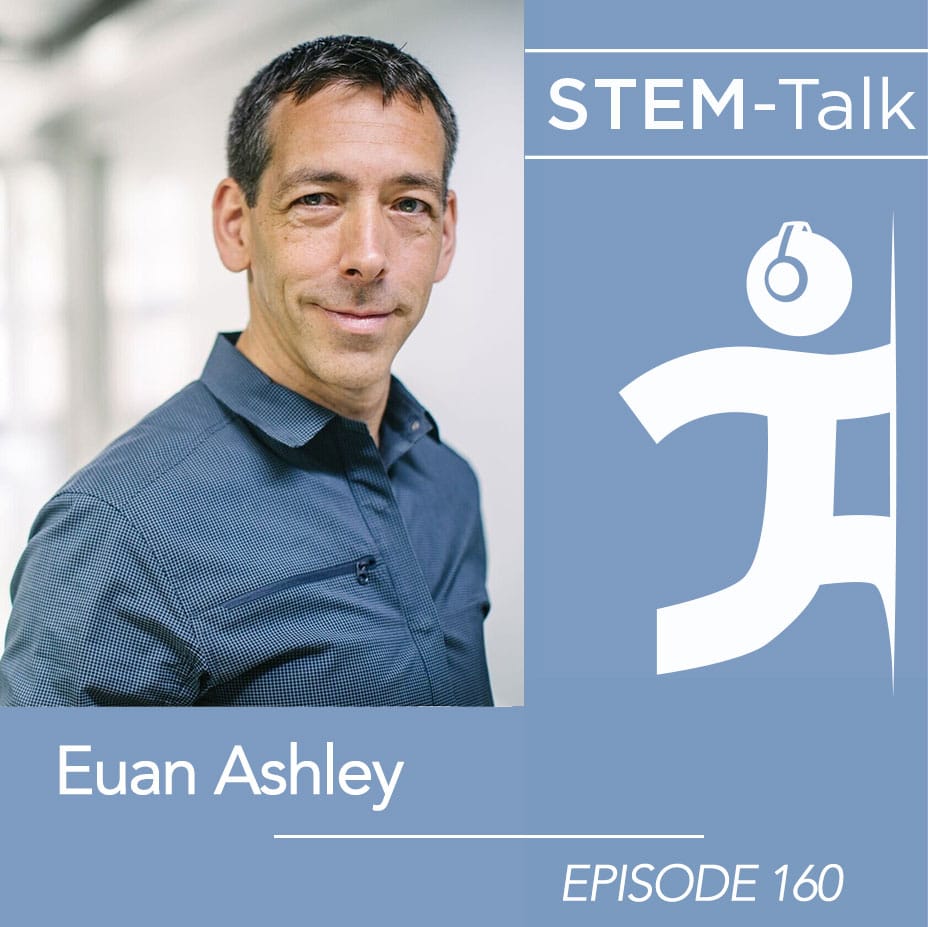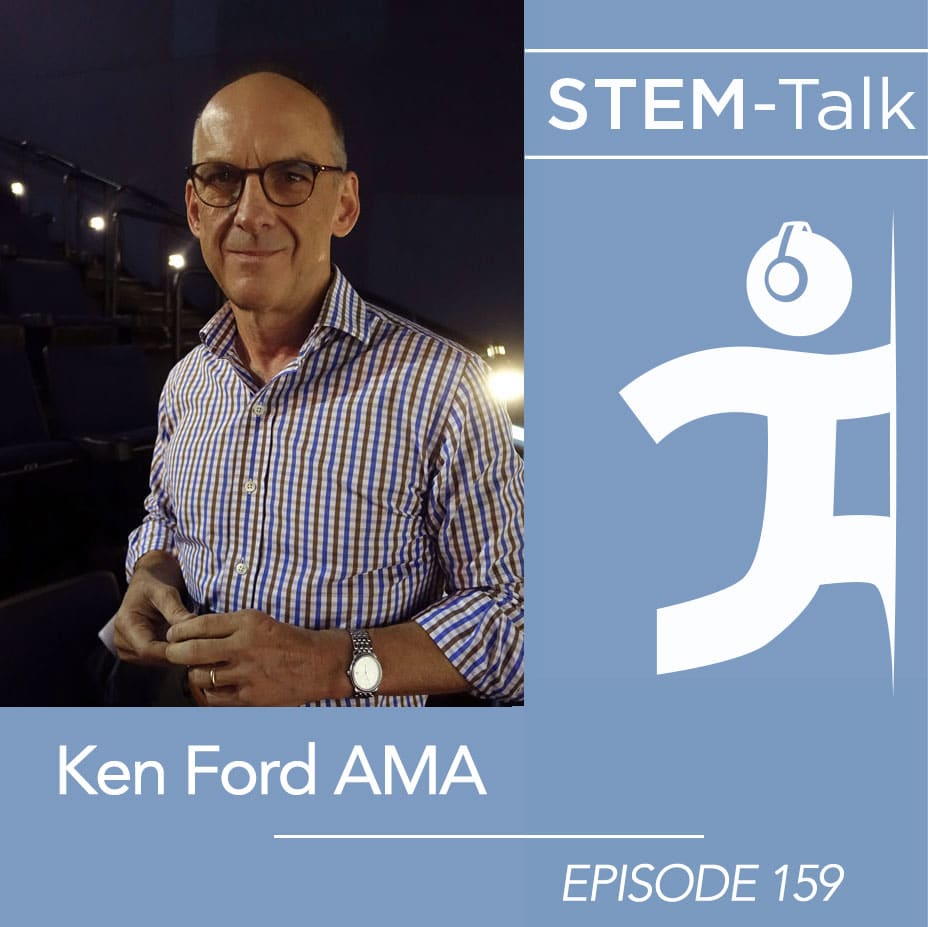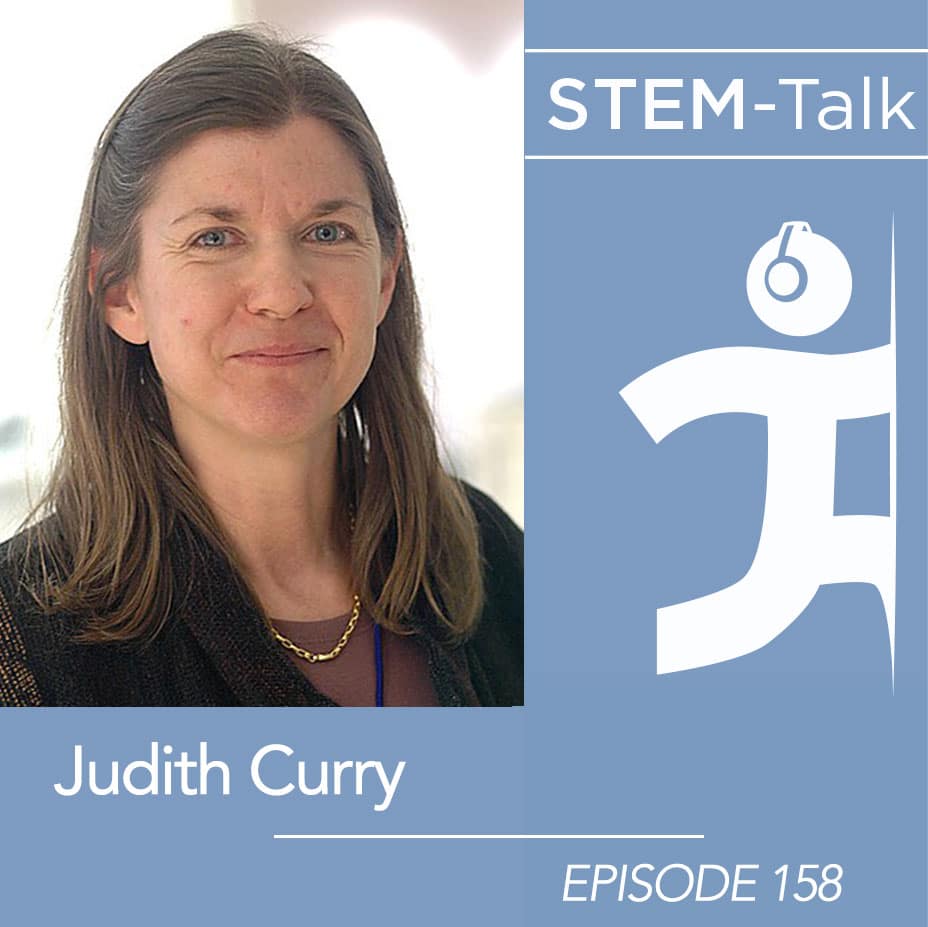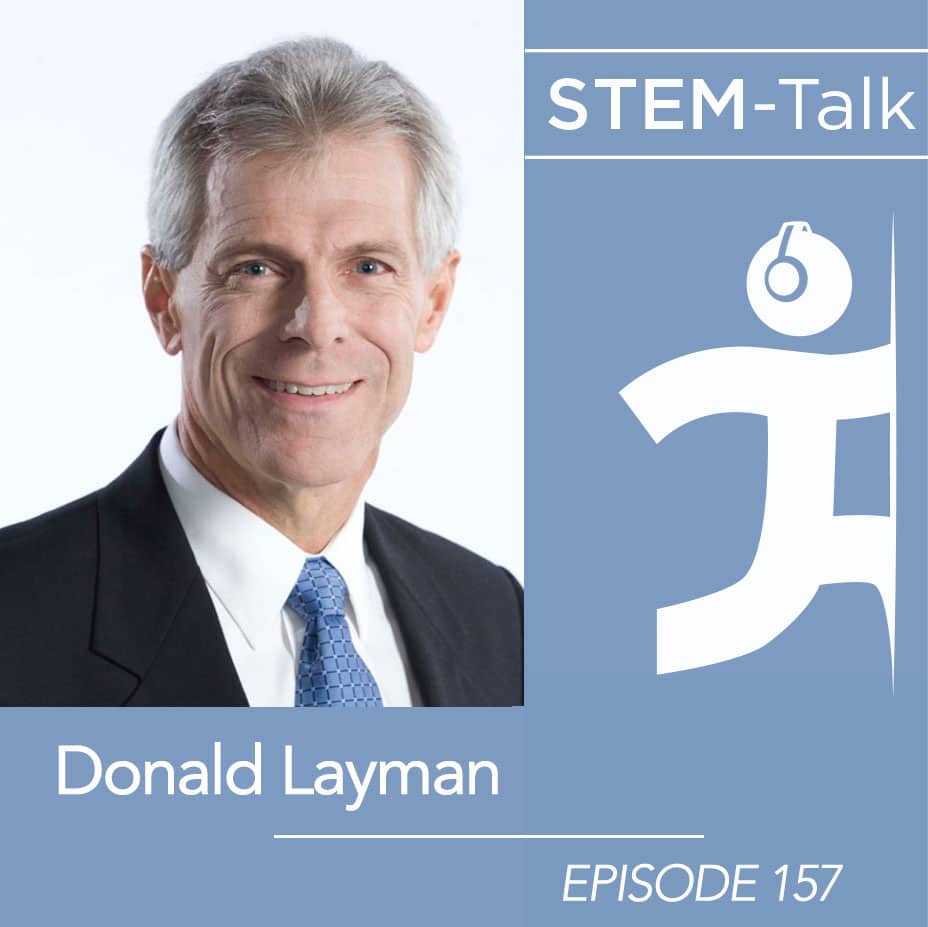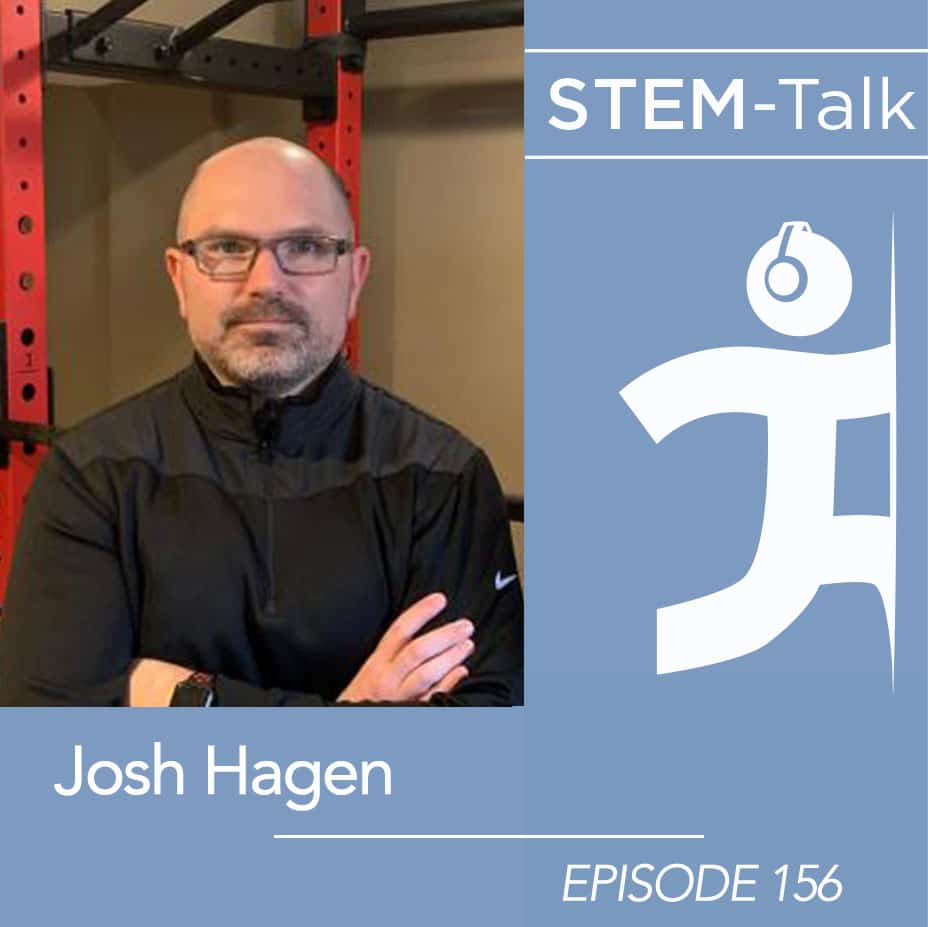Episode 169: Dave Feldman talks about cholesterol and the ketogenic diet
Description
Dave Feldman is the founder of the Citizen Science Foundation and is known for his research into the ketogenic diet. Dave is a software engineer by training who embraced a ketogenic diet to avoid his progression toward type 2 diabetes. he joins us on this episode of STEM-Talk to share that journey.
After undertaking the high-fat/low-carbohydrate diet, Dave’ LDL cholesterol spiked. Dave used his training as an engineer to start learning everything he could about cholesterol and lipids. What he learned led him to create the website Cholesterol Code, a research hub for information and emerging data on cholesterol, particularly in the context of a low-carbohydrate lifestyle.
Dave’s Citizen Science Foundation is designed to support projects and research that promote collaborative efforts across multiple disciplines, both in and outside formal scientific institutions.
Show notes:
[00:02:53 ] Dawn opens the interview asking Dave what he was like as a kid.
[00:03:44 ] Dawn mentions that Dave divided his time as a child between Denver and Wichita due to his parents’ divorce and asks Dave what the best part of his childhood was.
[00:04:28 ] Ken mentions that Dave has described both his parents as graphic artists and Bohemian, “hippie spirit” types. Ken asks what he learned from them that fueled his interests and goals.
[00:05:46 ] Ken asks about Dave’s first computer, which was a Commodore 64, as well as his early experience with computers.
[00:08:50 ] Dawn mentions that Dave’s interest in computers came in a time before the internet and asks what he learned about computing in those days.
[00:10:51 ] Dawn explains that since Dave grew up in the 1980s, there was not much in the way of computer science curriculum in schools and asks Dave how he supported his interest in programming.
[00:12:33 ] Ken asks Dave about how self-directed learning has been a theme throughout his whole life.
[00:14:35 ] Dawn asks Dave about his childhood hobbies, including running and competitive storytelling.
[00:17:01 ] Ken asks how Dave’s experiences in forensic debate in high school helped his career later in life.
[00:18:56 ] Dawn mentions that Dave initially attended film school and asks if it is true that Dave’s side hustle of doing contract software work overtook his original plan to graduate.
[00:20:49 ] Dawn asks about Dave’s experiences working in the game platform development business in Las Vegas, as well as what these experiences taught him.
[00:22:23 ] Ken asks Dave about a “the piece of paper” that Dave says changed his life in 2015.
[00:28:58 ] Ken follows up, asking Dave if he checked his LDL-P or his ApoB at the same time as his cholesterol levels.
[00:30:37 ] Ken mentions that he knows some people that when consuming a ketogenic diet did not see a substantial increase in LDL-C, but did experience a substantial elevation of LDL-P.
[00:35:03 ] Ken pivots to discuss a paper that Dave and others published in Current Developments in Nutrition in 2022 titled: “Elevated LDL Cholesterol with a Carbohydrate-Restricted Diet: Evidence for Lean Mass Hyper-Responder Phenotype.” Ken asks Dave to describe what it means to be a lean mass hyper-responder.
[00:40:19 ] Ken mentions his caution against the term lean mass hyper-responder, as it is unclear what “lean mass” refers to in this case. Ken goes on to say that while the lean mass hyper-responder phenotype can be objectively measured in terms of LDL, HDL and triglyceride levels, the lean mass aspect is often measured in these studies with BMI, which is unable to measure body composition. Ken asks Dave what his thoughts are on this and if he would like the possibility of moving away from BMI and towards DEXA scans.
[00:43:37 ] Ken mentions that Dave’s original article describing the lean mass hyper-responder phenotype has received a lot of response from individuals claiming to fall into that category. While it is difficult to get a precise estimate of the population that fits this phenotype, Ken asks Dave what he thinks the percentage might be.
[00:47:33 ] Dawn asks about the case report published in Frontiers in Endocrinology in 2022 titled: “Case Report: Hypercholesterolemia, Lean Mass Hyper-Responder Phenotype Presents in the Context of a Low Saturated Fat Carbohydrate-Restricted Diet.” This paper highlights the case of a hyper-responder who adopted a ketogenic diet to manage ulcerative colitis.
[00:49:38 ] Ken asks how long the subject of the case report was on an extremely low-carb diet.
[00:50:48 ] Ken asks Dave, given that cholesterol levels and lipoproteins are remarkably elevated in lean mass hyper-responders, what he thinks the cumulative cardiovascular implications over an extended period might be.
[00:56:19 ] Dawn turns to discuss Dave’s 2022 paper on the Lipid Energy Model, titled: “Lipid Energy Model: Reimagining Lipoprotein Function in the Context of Carbohydrate Restricted Diets,” asking him to expound on the concept and its significance.
[00:59:02 ] Ken remarks on the extraordinarily fast review process for this paper on the Lipid Energy Model, explaining that the paper went through submission, review, revision, acceptance and publishing in 30 days.
[01:00:49 ] Dawn shifts to ask about a 2023 study by Dr. Isabella Cooper in Frontiers in Endocrinology titled: “Thyroid Markers and Body Composition Predict LDL Cholesterol Change in Lean Healthy Women on a Ketogenic Diet: Experimental evidence for the Lipid Energy Model.”
[01:02:48 ] Ken asks Dave about his journey to self-fund research through crowdfunding, for which he founded a 501c3 non-for-profit, which in 2019 was named the Citizen Science Foundation. Ken asks Dave what challenges he faced in this endeavor.
[01:05:47 ] Ken asks Dave to describe how he came to partner with the Lundquist institute at UCLA.
[01:08:33 ] Ken asks what the state of the Citizen Science Foundation is now, and if it has any projects that it is currently funding.
[01:09:57 ] Ken asks Dave how he sees the foundation evolving in the future and how he would like it to evolve.
[01:11:50 ] Dawn asks Dave about a study he and his team have just completed on 100 lean mass hyper-responders who received a CT Angiogram to establish baseline coronary artery status, and then a second scan a year later. Dawn asks Dave to discuss the findings of this study in terms of atherosclerotic plaque in the hyper-responder group as compared to the Miami Heart Study group, as well as the overall findings of the study.
[01:17:36 ] Ken follows up, asking if the results of the aforementioned study will be published soon.
[01:17:54 ] Dawn asks Dave about the documentary he is working on.
[01:19:53 ] Dawn closes the interview asking Dave why The Usual Suspects by Brian Singer is his favorite film.
Links:

